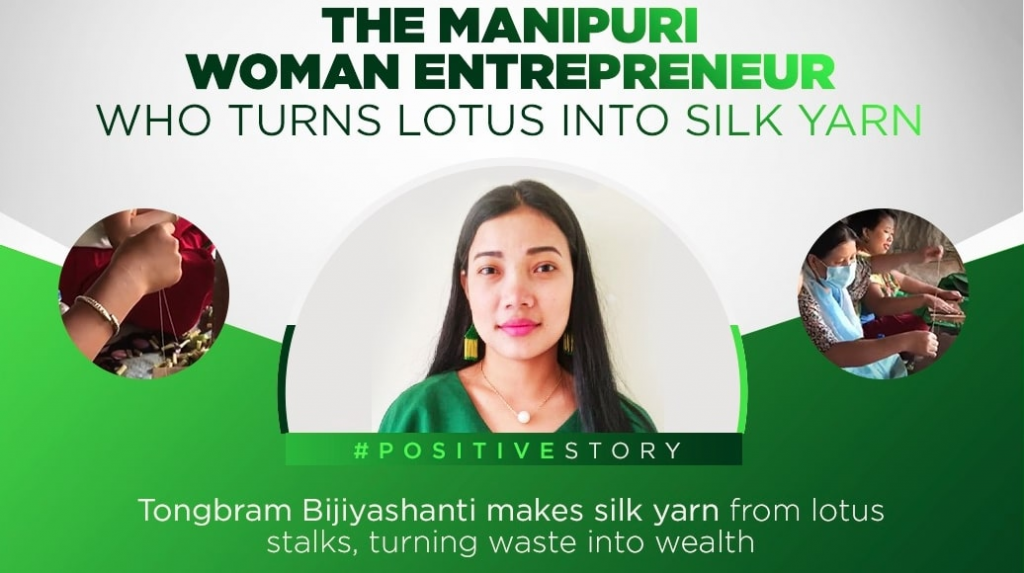In a world dominated by high-tech solutions and billion-dollar startups, a quiet revolution is taking place—one built not in labs, but in villages and workshops across India.
A recent BBC article covers how entrepreneurs like a potter who turned clay into an electricity-free fridge, and a botanist weaving silk-like yarn from lotus stems, are proving that innovation doesn’t need to be expensive to be impactful. This is the rise of frugal tech—grassroots ingenuity meeting real-world needs with creativity, resilience, and purpose.
From humble beginnings in a potter’s family in Gujarat, Mansukh Prajapati turned hardship into invention with MittiCool—a $95 clay fridge that requires no electricity and keeps produce fresh for days.

Source: mitticool.com.
After losing his home in the 2001 earthquake, a journalist’s remark comparing broken clay pots to “poor people’s fridges” inspired him to create an eco-friendly alternative.
Despite no formal engineering background and steep financial struggles, Prajapati perfected a design that cools through natural evaporation. Today, MittiCool products are sold in over 300 stores and exported globally, offering accessible refrigeration to low-income households.
Meanwhile, in northeast India, Bijayshanti Tongbram, a botanist from Manipur, is turning discarded lotus stems into silk-like yarn. Her social enterprise employs 30 women who weave delicate scarves from thousands of stems collected near Loktak Lake.

Source: prakati.in.
The labor-intensive process not only creates eco-conscious fashion but also provides an income alternative to traditional fishing. Tongbram is now seeking funding to scale and reach global markets, though she—like many grassroots entrepreneurs—faces hurdles in accessing capital and support.
These innovators are part of India’s frugal innovation wave—low-cost, high-impact solutions built from the ground up. According to Professor Anil Gupta of the Honeybee Network, these grassroots ventures fill critical gaps in rural economies.

Source: thebetterindia.com.
Another standout is Girish Badragond from Karnataka, who’s building a smart stick that helps visually impaired farmers assess soil and weather conditions via audio and vibration cues.
While funding remains scarce, these changemakers are proving that ingenuity—not infrastructure—is the lifeblood of rural transformation.
Sources:




